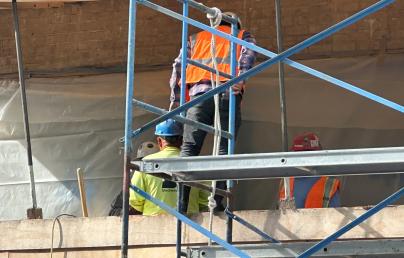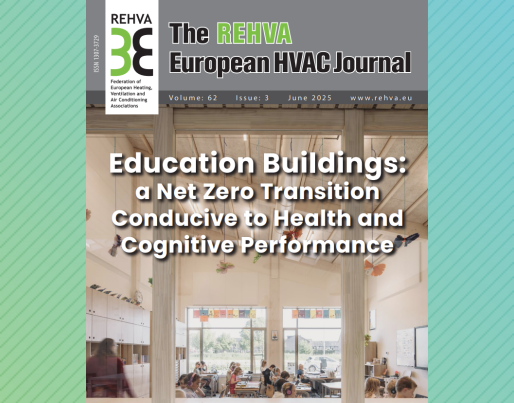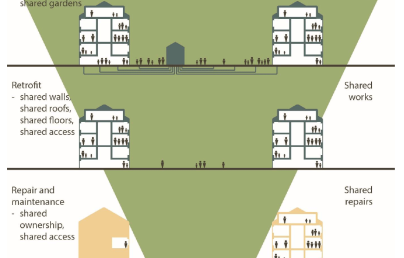
Net zero classrooms: Beyond energy efficiency

Net zero classrooms: Beyond energy efficiency
A new special edition of the REHVA Journal reveals how school buildings can lead the energy transition without compromising health or learning. Science, design, and policy converge to reimagine the classroom of the future.
The transition towards net-zero emissions in educational buildings is emerging as a strategic opportunity to enhance student health and cognitive performance simultaneously. In a special issue coordinated by Professor Dejan Mumovic (UCL Institute for Environmental Design and Engineering), a compendium of international research is presented, exploring the intersection of energy efficiency, indoor environmental quality, and academic achievement.
The issue opens with a call for a paradigm shift in evidence-based policymaking, integrating mitigation, adaptation, and environmental quality as pillars of climate resilience in schools.
The articles in this edition offer a comprehensive and critical perspective on the challenges and opportunities in the energy transition of the education sector. From experimental studies on the influence of pure CO₂ and total volatile organic compounds (TVOCs) on cognitive performance, to assessments of climate change impacts on British classrooms, the authors rigorously address the need to design healthy and resilient school environments.
Also examined are cost-optimal energy retrofit strategies in Italian schools, the use of air purifiers in London nurseries, and practical solutions such as ceiling fans versus air conditioning in Dutch classrooms.
Taken together, the dossier underscores that achieving climate neutrality in educational buildings should not compromise—but rather enhance—student wellbeing and learning capacity.
Education Buildings: a Net Zero Transition Conducive to Health and Cognitive Performance.pdf
English (10.41 MB - PDF)
